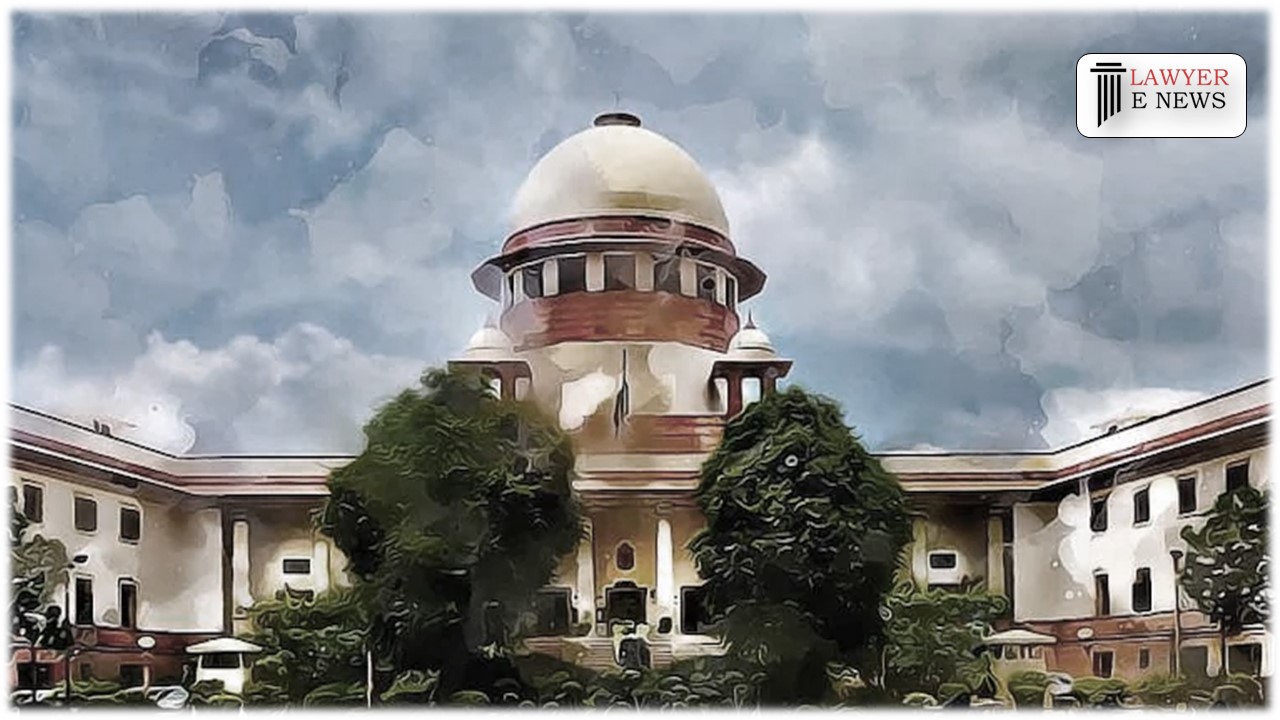-
by Admin
04 February 2026 2:28 AM



The Supreme Court today dissolved the marriage of Jatinder Kumar Sapra and Anupama Sapra, which had been under strife for over two decades, citing irretrievable breakdown as the ground for dissolution.
Legal Context: The apex court utilized its discretion under Article 142(1) of the Constitution of India to grant the divorce despite the specific grounds under the Hindu Marriage Act, 1955 not being fully substantiated with evidence. This discretionary power is exercised to ensure “complete justice” when conventional remedies are inadequate.
Facts of the Case: Jatinder Kumar Sapra and Anupama Sapra, married on October 14, 1991, found their marriage mired in bitterness, mutual accusations of cruelty, and a prolonged separation since January 2002. Both the Family Court and the High Court had previously denied the divorce petition citing insufficient grounds under the existing marital laws.
Irretrievable Breakdown: The Court, led by Justice Satish Chandra Sharma, noted that the marriage was “totally unworkable, emotionally dead, and beyond salvation,” conditions that necessitated a divorce to prevent further legal and emotional turmoil.
Attempts at Reconciliation: The court acknowledged several failed attempts at mediation and reconciliation over the years, affirming that no further efforts could salvage the marital relationship.
Economic and Social Considerations: The justices considered the stable financial status of the appellant, who had a significant career in multinational corporations, and the adulthood and independence of their children, which lessened familial dependencies.
Permanent Alimony: An alimony of Rs. 50,00,000 was set, reflecting the appellant’s financial capacity and aiming to secure the respondent’s future.
Decision: The court decreed the dissolution of marriage based on its findings of an irretrievable breakdown, directing the appellant to pay alimony in five installments from May to September 2024. The divorce decree will be issued once the full alimony payment is confirmed.
Date of Decision: May 6, 2024
Jatinder Kumar Sapra vs. Anupama Sapra
